Art Linkletter
Born Arthur Kelly July 17, 1912
Moose Jaw, Saskatchewan, Canada
Died May 26, 2010 (aged 97)
Bel Air, Los Angeles, California
Occupation Radio and television personality
Years active 1933–2010
Spouse Lois Foerster (1915-2011)
(m. 1935–2010) (his death)
Children Jack Linkletter (1937–2007)
Dawn Linkletter (born 1939)
Robert Linkletter (1944–1980)
Sharon Linkletter (born 1946)
Diane Linkletter (1948–1969)
Arthur Gordon Linkletter (July 17, 1912 – May 26, 2010) was a Canadian-born American radio and television personality. He was the host of House Party which ran on CBS radio and television for 25 years, and People Are Funny on NBC radio and television for 19 years. He became a naturalized United States citizen in 1942.
One popular feature of his House Party program was the Kids Say the Darndest Things segments. A series of books followed which contained the humorous comments made on-air by children.
Early life and career
Linkletter was born in Moose Jaw, Saskatchewan. In his autobiography, Confessions of a Happy Man (1960), he revealed that he had no contact with his natural parents or his sister or two brothers since he was abandoned when only a few weeks old. He was adopted by Mary (née Metzler) and Fulton John Linkletter, an evangelical preacher.
When he was five, his family moved to San Diego, California, where he was graduated from San Diego High School at age 16. During the early years of the Great Depression, he rode trains around the country doing odd jobs and meeting a wide variety of people. In 1934, he earned a bachelor's degree in teaching from San Diego State Teachers College (now San Diego State University), where he was a member of the Alpha Tau Omega fraternity. While attending San Diego State, he played for the basketball team and was a member of the swimming team. He had previously planned to attend Springfield College, but did not, for financial reasons.
In 1935 he met Lois Foerster. They were married at Grace Lutheran Church in San Diego, November 28, 1935. Their marriage lasted until Linkletter's death, 74 1⁄2 years later.
From radio into television
After receiving his teaching degree, Linkletter decided to go to work as a radio announcer at KGB in San Diego, because radio paid better than teaching. He directed radio programs for fairs and expositions in the mid-1930s. Afterwards, he moved to San Francisco and continued his radio career. In 1943, Linkletter pleaded guilty to falsely claiming US citizenship;[7] he was fined $500 and permitted to apply for citizenship. In the 1940s, Linkletter worked in Hollywood with John Guedel on their pioneering radio show, People Are Funny, which employed audience participation, contests and gags. The series served as a prototype for future radio and television game shows. People Are Funny became a television show in 1954 and ran until 1961.
Early television and film appearances
Other early television shows Linkletter worked on included Life With Linkletter with his son Jack (1969–1970) and Hollywood Talent Scouts (1965–1966). He also acted in two movies, People Are Funny (1946) and Champagne for Caesar (1950).
Linkletter declined the opportunity offered by his friend Walt Disney to invest in the Disneyland theme park project along with building and operating the Disneyland Hotel due to Linkletter's doubts about the park's prospects. But, out of friendship for Disney, Linkletter volunteered his experience as a live program broadcaster to help organize ABC's coverage of the Disneyland opening in 1955 on what was his 43rd birthday. Besides being an on-air host, he recruited his two co-hosts: Ronald Reagan and Bob Cummings. The park opening experience convinced Linkletter that Disneyland was going to be a huge success. When Disney asked what he could do to show his gratitude for the broadcast's role in the successful launching of the park, Linkletter asked for Disneyland's camera and film concession for its first ten years, a request that was quickly granted. This turned out to be extremely lucrative. He appeared for two stints of two weeks each, as a guest host of The Tonight Show in 1962 between Jack Paar's departure and Johnny Carson's arrival as its new host.
In the 1950s, Linkletter hosted a 15-minute series for syndication titled Art Linkletter And The Kids, seen locally on Saturday mornings in some areas.
Toy and game promotions
In the 1950s, Linkletter became a major investor in and promoter of the hula hoop. In 1963, Linkletter became the endorser and spokesman for Milton Bradley's The Game of Life. His picture appeared on the game's $100,000 bills and also on the box, framed by the statement "I heartily endorse this game."
Art Linkletter's Kids
Art Linkletter's Kids was a 1963–64 gag cartoon panel drawn by the prolific cartoonist Stan Fine and distributed by King Features Syndicate.
Later years
In the 1960s, Linkletter started a dance school, the Art Linkletter School of Jazz, Tap, and Ballet, in Pomona and Claremont, California.
After three public meetings in 1967, an eight-member Los Angeles City Council committee cleared Linkletter and City Council Member Tom Shepard of charges that they were linked in a scheme to influence city purchase of the "financially troubled" Valley Music Theater in Woodland Hills.
In 1988, he appeared as himself on the syndicated sitcom Small Wonder in the episode "Come Fly With Me." At one point he was a spokesman for National Home Life, an insurance company.
Activism
A registered Republican who campaigned for his old friend Ronald Reagan for President of the United States, Linkletter became a political organizer and a spokesman for the United Seniors Association, now known as USA Next, an alternative to the AARP. As part of this role, Linkletter was active in campaigning for more stringent restrictions on elderly motorists. He was also a member of the President's Council on Service and Civic Participation (which ended in November 2008).
In 1978, he wrote the foreword to the bestselling self-help book Release Your Brakes! by James W. Newman, in which he wrote, "I believe none of us should ever stop growing, learning, changing, and being curious about what's going to happen next. None of us is perfect, so we should be eager to learn more and try to be more effective persons in every part of our lives."
In 2005, at the age of 93, he opened the Happiest Homecoming on Earth celebrations for the 50th anniversary of Disneyland. Half a century earlier, he had been the commentator on the opening day celebrations in 1955. For this, he was named a Disney Legend.
Philanthropy
Linkletter invested wisely, enabling his considerable philanthropy. A member of Pepperdine University's Board of Regents, Linkletter was also a long-term trustee at Springfield College, where he donated funds to build the swimming center named in his honor, the Art Linkletter Natatorium.
Awards and honors
Linkletter received a lifetime achievement Daytime Emmy award in 2003. He was inducted into the National Speakers Association Speaker Hall of Fame. He also received honorary degrees from several universities, including his alma mater, San Diego State University; Pepperdine University; and the University of Prince Edward Island. For his contribution to television, he was honored with a star on the Hollywood Walk of Fame, located on 1560 Vine Street.
Personal life
Linkletter had one of the longest marriages of any well-known person in America, at nearly 75 years. He married Lois Foerster on November 25, 1935, and they had five children: Arthur Jack, Dawn, Robert, Sharon and Diane. Lois Foerster Linkletter died at the age of 95 on October 11, 2011. Art and Lois Linkletter outlived three of their five children.
On October 4, 1969, 20-year-old Diane died after jumping out of her sixth-floor kitchen window. Linkletter claimed that her death was drug related because she was on, or having a flashback from, an LSD trip (toxicology tests later determined there were no drugs in Diane's system at the time of her death). After Diane's death, Linkletter spoke out against drugs to prevent children from straying into a drug habit. His record, "We Love You, Call Collect," recorded before her death, featured a discussion about permissiveness in modern society, along with a rebuttal by Diane, titled "Dear Mom and Dad". The record won a 1970 Grammy Award for the "Best Spoken Word Recording".
Art and Lois' son Robert Linkletter died in an automobile accident on September 12, 1980.] Another son, Arthur, died from lymphoma in 2007.
Illness and death
After his death, Phyllis Diller stated, "In a couple of months Art Linkletter would have been 98 years old, a full life of fun and goodness, an orphan who made it to the top. What a guy." He was survived by his wife, Lois and daughters Dawn Griffin and Sharon Linkletter, as well as seven grandchildren and 15 great-grandchildren. Alexis Linkletter, his oldest great grandchild has pursued a career in broadcasting and hosts a number of popular crime podcasts and produces documentary television.
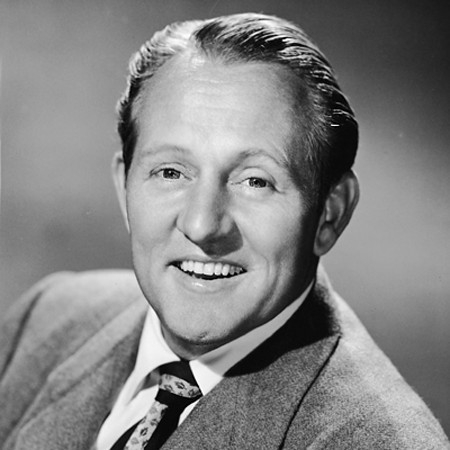
 Amanda S. Stevenson
Amanda S. Stevenson  Amanda S. Stevenson
Amanda S. Stevenson 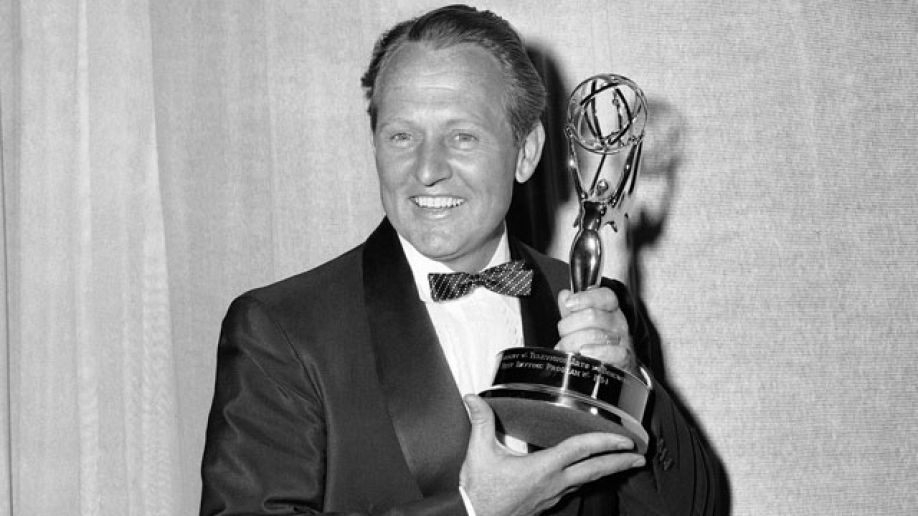
 Amanda S. Stevenson
Amanda S. Stevenson 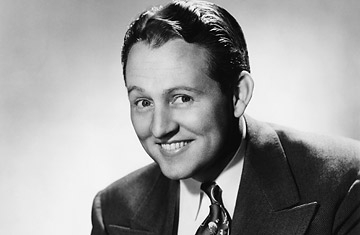
 Amanda S. Stevenson
Amanda S. Stevenson 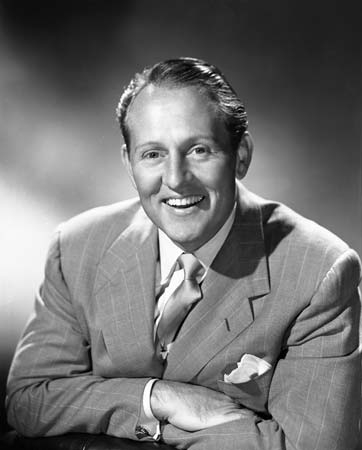
 Amanda S. Stevenson
Amanda S. Stevenson 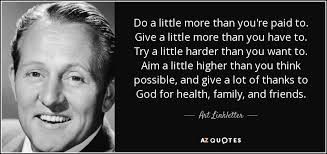
 Amanda S. Stevenson
Amanda S. Stevenson 